Caesars Entertainment Paid Hackers Millions Weeks Before 'Cybersecurity Issue' Locked Thousands of MGM Resorts Guests Out of Vegas Hotel Rooms
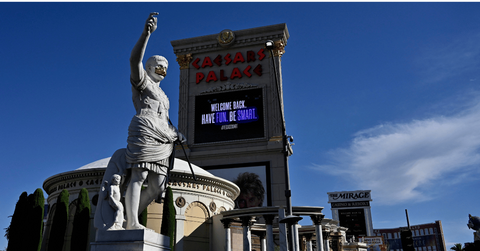
Caesars reportedly paid about half the amount demanded by cyber hackers.
Sept. 13 2023, Published 6:50 p.m. ET
Caesars Entertainment paid hackers millions of dollars in ransom in a cyberattack that took place weeks before thousands of guests were locked out of their Las Vegas hotel rooms due to a "cybersecurity issue" at MGM Resorts, RadarOnline.com has learned.
The information was revealed in a report that stated Caesars Entertainment was expected to include the cyberattack in a Securities and Exchange Commission filing on Wednesday.
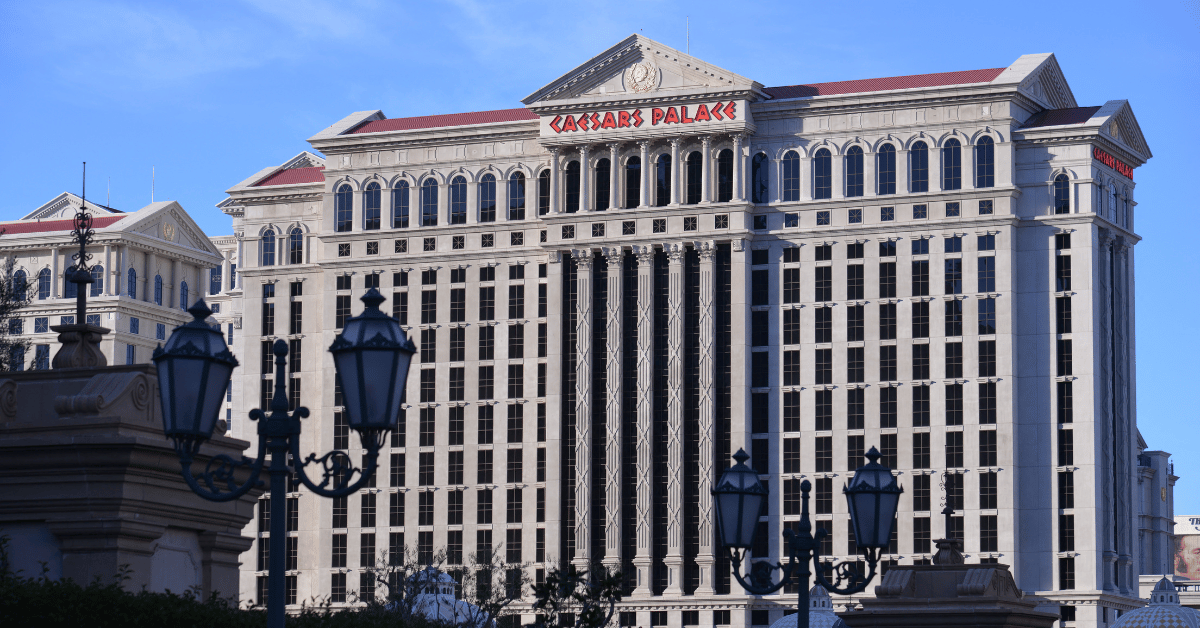
Caesars was expected to include the cyberattack on an SEC filing on Wednesday.
According to the Wall Street Journal, an insider close to the matter said the cyber hackers demanded Caesars pay $30 million, but the company agreed to pay a ransom of about half of that.
Caesar's cyberattack was said to have taken place in late summer, weeks before the recent "cybersecurity issue" that several MGM Resorts hotels and casinos on the strip experienced.
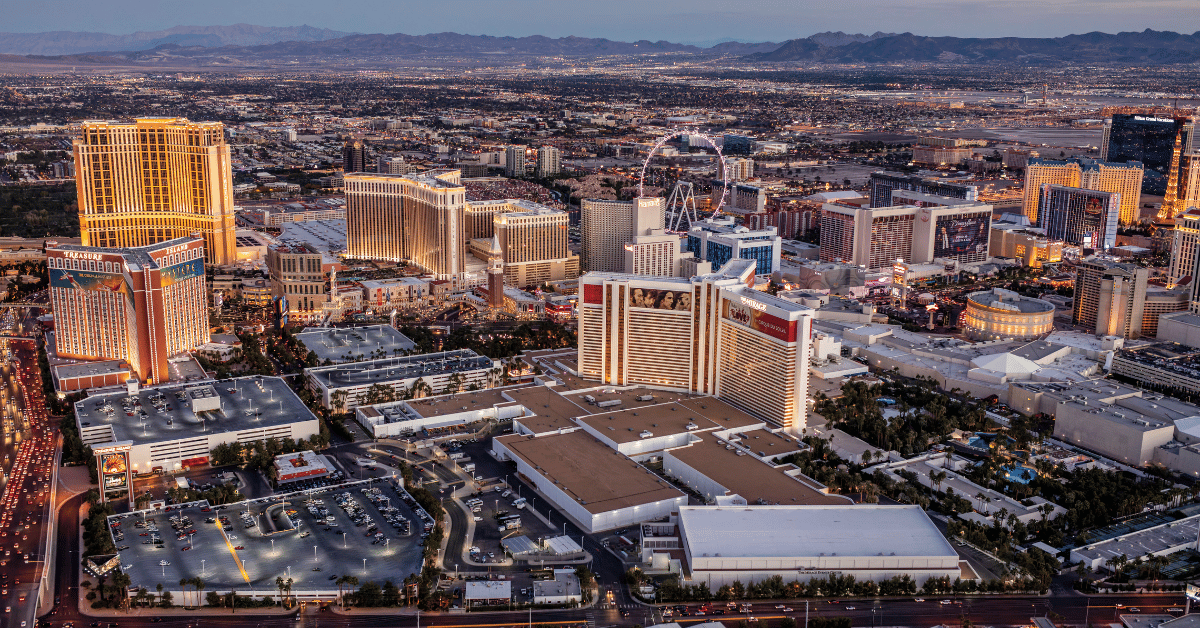
Sources said hackers threatened to expose the company's data in the cyberattack.
Bloomberg initially reported Caesar's cyberattack. The hackers were accused of pulling off an unassuming scheme posed by a company employee who contacted the IT help desk and simply requested to have a password changed.
The hackers allegedly threatened to release sensitive company data if Caesars refused to comply with their demands.
Never miss a story — sign up for the RadarOnline.com newsletter to get your daily dose of dope. Daily. Breaking. Celebrity news. All free.
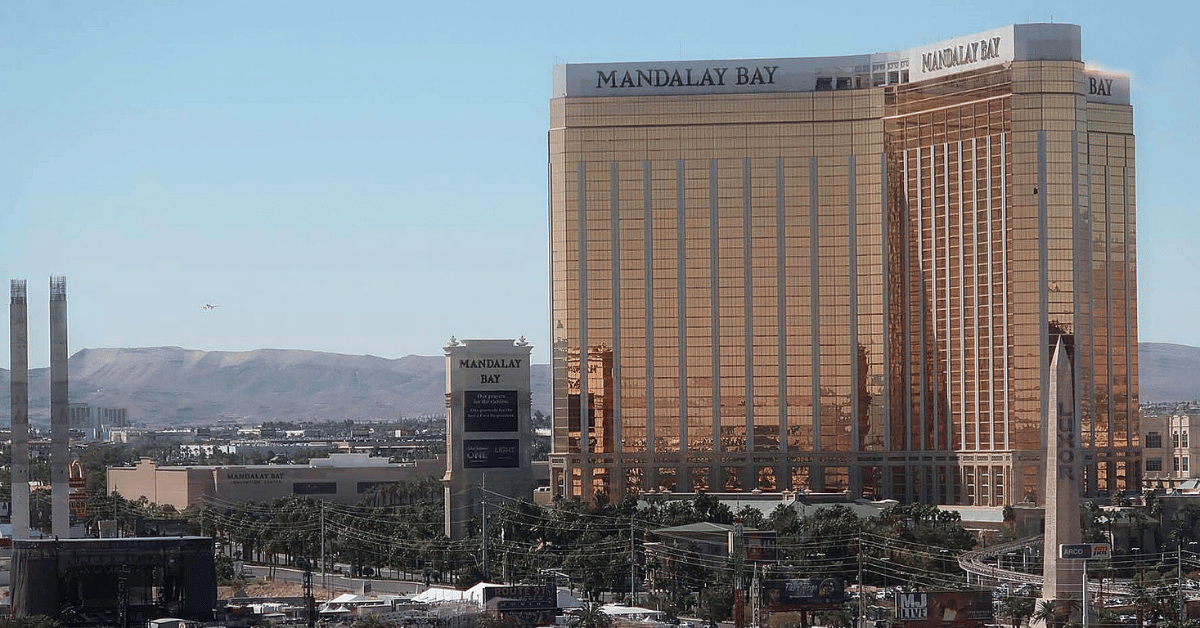
Caesar's cyberattack took place weeks prior to Sunday's 'cybersecurity issue' at various MGM Resorts.
With the attack in late summer, Caesars became the second major Las Vegas company to be the victim of a breach.
While details on MGM's cyberattack remain unknown, including whether or not a ransom was demanded or paid, the cybersecurity issue caused chaos for the strip's largest operator on Sunday.
The cyber issue forced MGM to shut down "certain systems," which included main attractions like slot machines and sports-betting kiosks, as well as basic functions like check-in and online reservation systems, digital room keys, and credit card transactions.
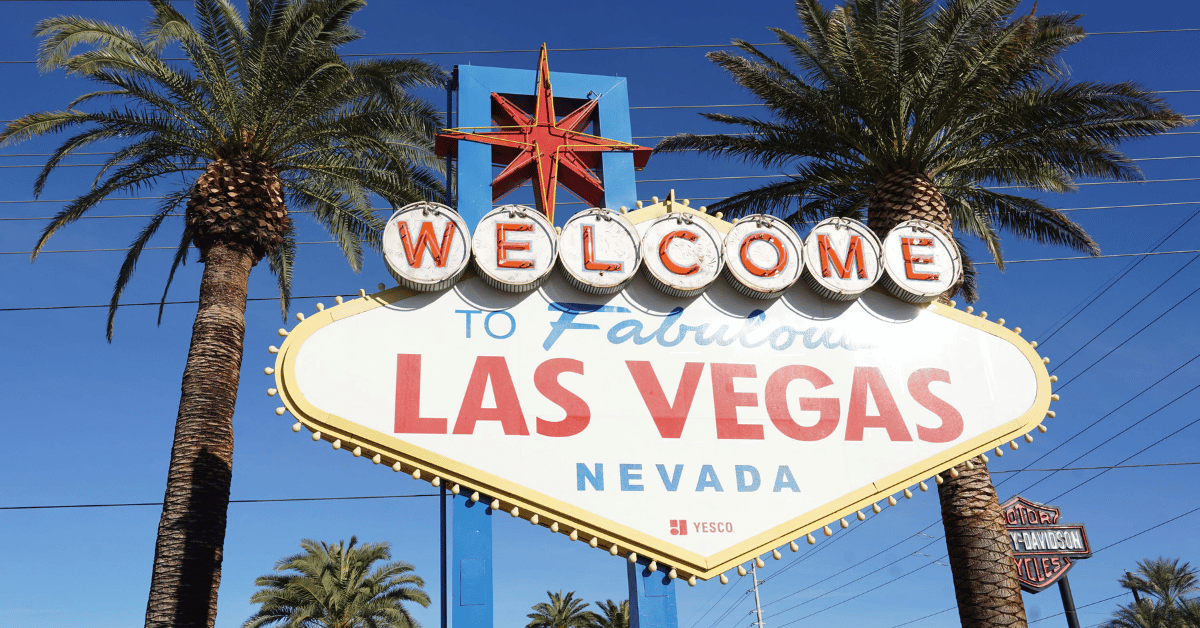
Thousands of guests were locked out of their hotel rooms during MGM Resort's cyber issue.

MGM maintained some level of order at affected resorts through old-school means. Resorts temporarily operated by paying out machine earnings manually and, in some cases, checking in guests with pen and paper.
Together, MGM Resorts and Caesars Entertainment hold 60,000 hotel rooms in Las Vegas, which include some of the city's most coveted stays, such as the Bellagio, Caesar's Palace, MGM Grand, Paris, and Mandalay Bay. Considering the profits these resorts bring in by the minute — and the amount of personal information exchanged by guests staying and visiting — the companies are lucrative targets.
Powered by RedCircle



